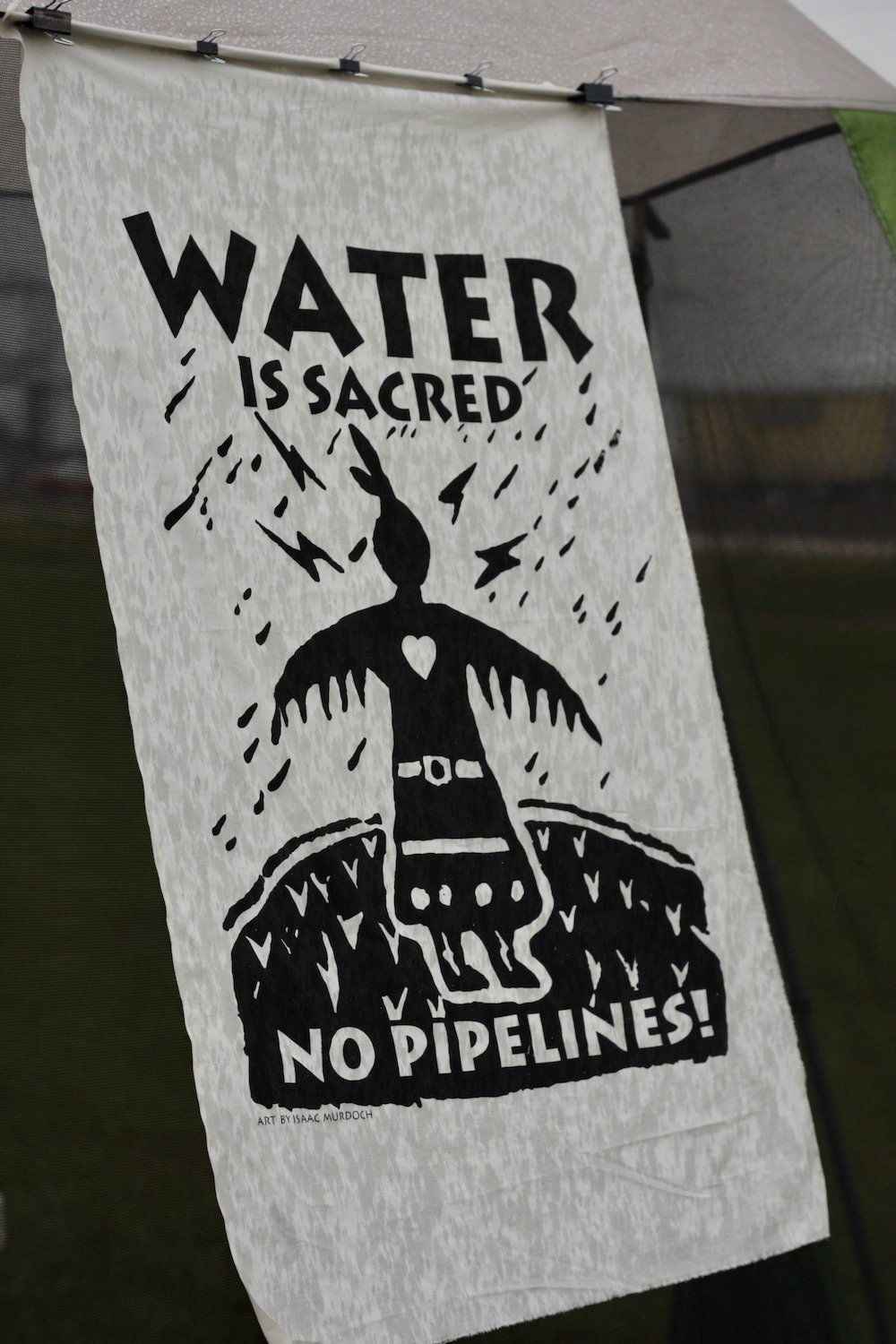
Land Acknowledgement
Land acknowledgements are important for recognizing and respecting the traditional lands of Indigenous peoples, and are an opportunity to create awareness of where we live and the treaties that were made. It is the recognition of how settler people have benefited from the treaties and lands, and how colonialism continues today. It is important to note that a land acknowledgement is only part of the process of reconciliation, collaboration, and decolonization.
What can you do?
Land acknowledgements are a starting point. How we can continue this meaningful work includes: educating ourselves about the histories, cultures, and struggles of Indigenous peoples, whether that is in your home country or around the world, respecting Indigenous communities and building relationships, and advocating for political, social, spiritual and ecological justice.
-
21 Things You Didn’t Know about the Indian Act By Bob Joseph
Braiding Sweet Grass by Robin Wall Kimmerer
Indigenous Relations by Bob Joseph; Cynthia F. Joseph
The Land is Not Empty: Following Jesus in Dismantling the Doctrine of Discovery by Sarah Augustine
Unsettling the Word: Biblical Experiments in Decolonization Edited Steve Heinrichs
-
Websites:
The National Centre for Truth and Reconciliation website and their 94 Calls to Action
United Nations Declaration on the Rights of Indigenous Peoples (UNDRIP)
Courses:
Indigenous Canada- a free 12-week online course through the University of Alberta.
-
-
The connection between land sovereignty and climate action are intertwined.
Looking for more information on how to create climate hope as a your family? Check out Dear Parents page on our website!

